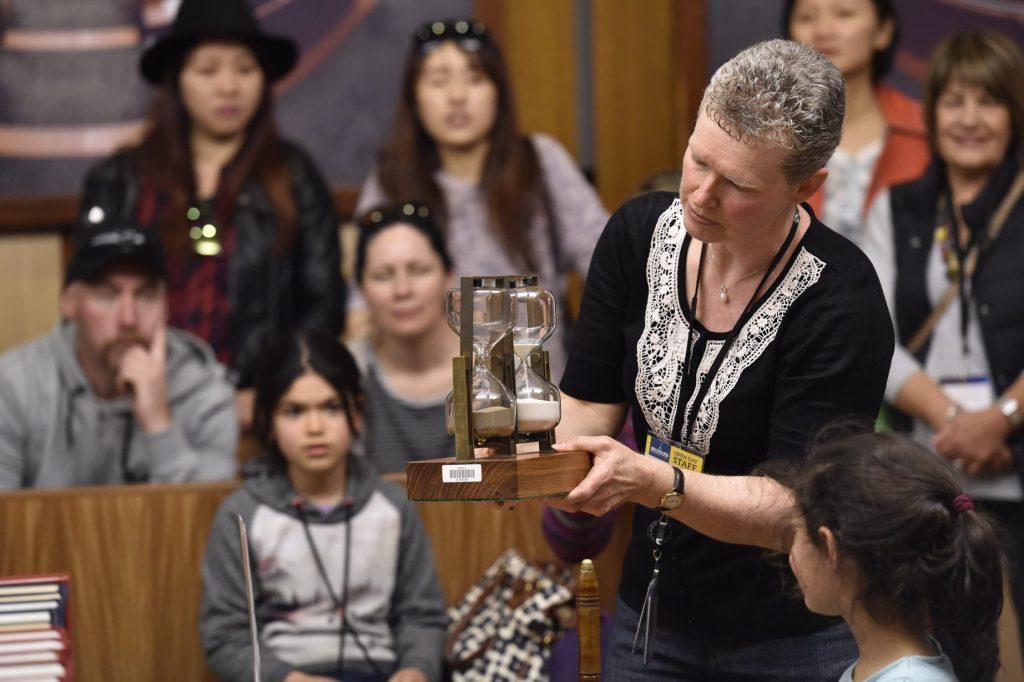
A national survey conducted at the height of the Covid-19 pandemic indicated that Australian governments’ handling of the crisis had considerably increased Australians’ faith in their governments. This is reassuring, yet the threat from Covid-19 may be temporarily masking another long-term problem for our nation—a worrying decline in young Australians’ confidence in their political leaders.
The 2019 Australian election study by the Australian National University indicated that public confidence in political leaders and institutions was at an all-time low, as was public satisfaction with democracy. Given the increasingly challenging national and international outlook, it’s not clear how long the improved sentiments highlighted by the more recent survey will last. Should governments get caught up in internal politics and stop listening to their constituents, particularly already disenchanted youth, they would risk a significant proportion of citizens having no trust in our democratic system.
Politicians and the broader society must recognise that young Australians are pushing beyond the conventional and getting creative as active citizens. They must support active citizenship both through a solid civic education curriculum and by creating space in policy conversations for young people to feel that they are heard.
Traditional methods of active citizenship such as writing letters to local ministers and being involved in local political groups are still important, but too often young people can feel that their voices aren’t heard in these platforms. Put off by standard responses like ‘Thank you for your letter’ or ‘This has been taken under consideration’ without any substantial policy action, they are finding innovative ways to have an impact in local and national politics.
Before the pandemic, young people across the globe led protests through city streets calling for government action on climate change. These climate strikes, occurring on the same day across state and national borders, had an impact on the global community, generating extensive international debate.
These opportunities to engage in active citizenship are not always accessible, especially for those in regional and remote communities. Too often there’s little or no encouragement in smaller communities for young people to be civically active. There’s an unspoken expectation that any citizen should speak up on issues that they’re passionate about, but if they haven’t been shown how to and haven’t been supported by their communities or local politicians, why should they put themselves out there when the reality of being ignored is all too common?
School communities play an important role in supporting students to participate in democratic processes, and it’s crucial for them to provide a rounded civic education. It’s encouraging to hear that some primary schools are running structured school parliaments and teaching students about civic institutions and processes in a participatory way. While we build this foundation, society and our politicians must support young voters and encourage them to be inquisitive and to get involved.
Encouraging our young people includes recognising the ways in which they voice their opinions and concerns as legitimate and identifiable forms of advocacy. It’s not surprising that they turn to the platforms they know best, social media, to engage, speak out and organise a movement.
Visual platforms such as Instagram have hosted movements such as #blackouttuesday, ‘Challenge Accepted’ and #bringbackourgirls (which was supported by first lady Michelle Obama). What was intended to be a one-day march in Nigeria’s capital became a movement that gained international recognition and continued for several years.
Acknowledging these movements and their messages is essential for politicians to connect with their electorates, particularly their youngest voters.
As our future leaders, young Australians must be part of policy discussions. We need to arm them with the tools to participate; encourage and recognise their participation; and provide them with a strong civic education. As the director of the Whitlam Institute, Leanne Smith, stated in a recent report: ‘If we want our children to have a stake in our democracy and our society, we have to treat them as valued citizens and engage with their concerns.’
As Australia’s experience with Covid has demonstrated, politicians across jurisdictions and party lines can work cooperatively despite falling on different sides of the political divide. However, this situation can quickly devolve into acrimony and a news cycle reminiscent of a soap opera.
With an uncertain economic future, a changing climate and the ever-present possibility of another devastating Covid outbreak, politicians will need to work hard to maintain voter confidence. To strengthen Australia’s democracy for a challenging future, they need to start by engaging young people in political processes, most importantly in policy development.